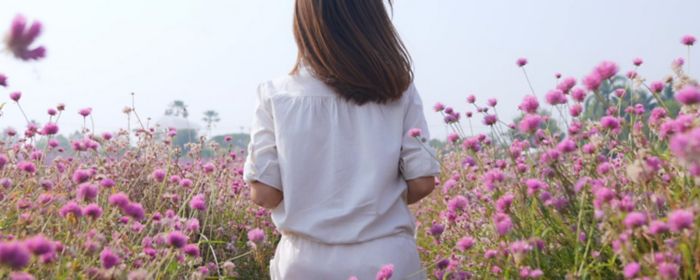The country has strong national policies but is seeing significant implementation problems, with plans to cut nitrogen emissions leading to mass protests by farmers and delays to new energy plants, along with a reluctance to subsidize emerging energy technologies.
The Netherlands has included Net Zero emissions objectives in a range of national policies, including those on waste reduction, rural areas, energy and transport. The latest version of its decades-old Delta flooding and water management program includes preparing for extreme weather such as the torrential rainfall experienced in Limburg in 2021 across the country.1 In 2019 government, companies and organizations agreed a climate agreement as part of the country’s regularly updated climate plan.
But the Netherlands is experiencing problems implementing some of its policies. A 2019 court ruling on reducing nitrogen emissions, which led to a plan to close around 11,200 livestock farms and significantly reduce the size of 17,600 more, leading to widespread protests by farmers.2 A protest party founded to oppose these plans won more seats in March 2023 elections to the Dutch Senate than Prime Minister Mark Rutte’s party.3 This was one factor contributing to the failure of Rutte’s attempts to form a coalition government in July, leading to a general election in November and a caretaker government until then.4 “A lot of plans will be delayed significantly due to there being no room for decisions,” says Ubbo van Zessen, Head of ESG, KPMG in the Netherlands.
The nitrogen reduction rules have also blocked or slowed construction work including for new low carbon energy production. In July the outgoing chief executive of the port of Rotterdam said that the need to apply for nitrogen emission permits is hindering construction of green hydrogen and biofuel plants by companies including Shell and Neste at the port.5
Improving existing energy technologies
The government focuses its energy development subsidies on improving existing technologies such as solar, offshore wind and carbon capture and storage, rather than emerging ones including green hydrogen and geothermal. “They are not risk-minded,” says Bob Hoogendoorn, Director of Sustainability, KPMG in the Netherlands. “They are really careful about where they spend their money, but that means you often make stronger what is already strong, making it difficult to develop new ideas.” For example, the Netherlands has made strong progress on developing solar power production but there are physical and administrative constraints in grid infrastructure. This means that in some areas the grid network operator will not allow new or expanded connections, which particularly affects new onshore wind parks, installation of solar energy and expansion of charging infrastructure for electrical vehicles. As a result, more energy storage capacity and innovation to develop this further will be a key part of the Netherlands’ energy transition.
The country faces issues with its carbon pricing system, which gives some industrial exporters advantages which can work against smaller companies in the food processing sector, although international competition and EU policies are counteracting this. Meanwhile, the implementation of the EU’s Corporate Sustainability Reporting Directive, requiring companies to report on climate change as well as other impacts on the environment and society, is likely to accelerate corporate decarbonization work and should motivate government agencies to do likewise.
The Netherlands also has the potential to develop carbon capture and storage, alternative construction materials and work to save energy. It has made significant progress on saving energy recently due to high energy prices, something which is an essential part of meeting decarbonization targets and making a success of the energy transition.
1'Brochure outlines Delta Programme 2023', Netherlands National Delta Programme, 20 September 2022. https://english.deltaprogramma.nl/documents/publications/2022/09/20/brochure-outlines-delta-programme-2023-english
2'Why Dutch farmers are protesting over emissions cuts', BBC News, 29 July 2022. https://www.bbc.com/news/world-europe-62335287
3Bart Meijer, 'Dutch farmers' protest party scores big election win, shaking up Senate', Reuters, 16 March 2023. https://www.reuters.com/world/europe/farmers-protest-party-set-shake-up-dutch-political-landscape-2023-03-15/
4Charlotte Van Campenhout and Bart Meijer, 'Dutch polls, first in years without PM Rutte at VVD helm, set for November', Reuters, 14 July 2023. https://www.reuters.com/world/europe/dutch-election-be-held-nov-22-nos-2023-07-14/
5Andy Bounds, 'Dutch emissions laws stall €10bn of green investment at Europe’s biggest port', Financial Times, 19 July 2023. https://www.ft.com/content/cc024ad9-f9ab-46f8-a212-a5a23b531c0e
6'The Province of North Holland, the Ministry of Infrastructure and Water Management, the Ministry of Economic Affairs and Climate and Tata Steel Nederland today signed an Expression of Principles on sustainability', Tata Steel, 18 July 2022. https://www.tatasteeleurope.com/corporate/news/agreements-about-co2-reduction-and-improving-living-environment





